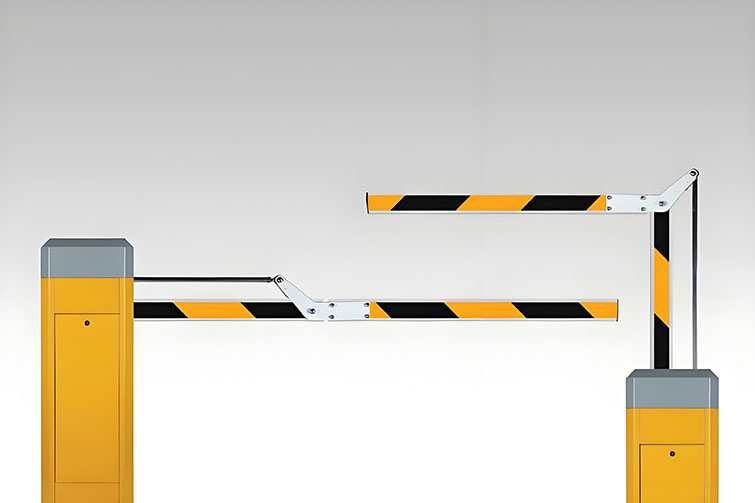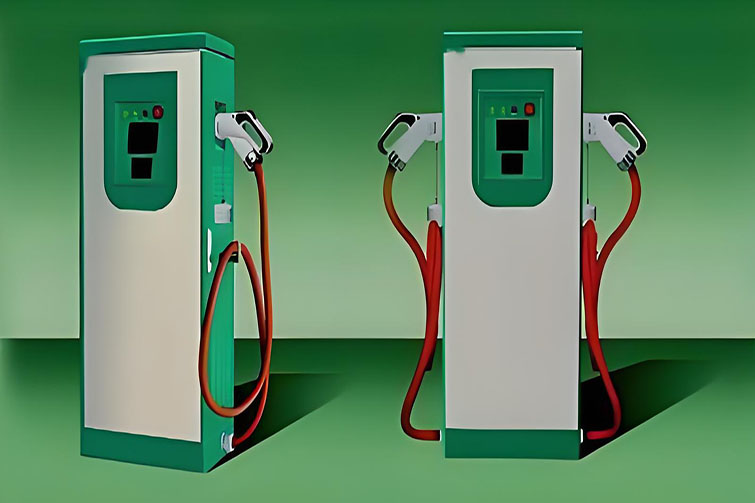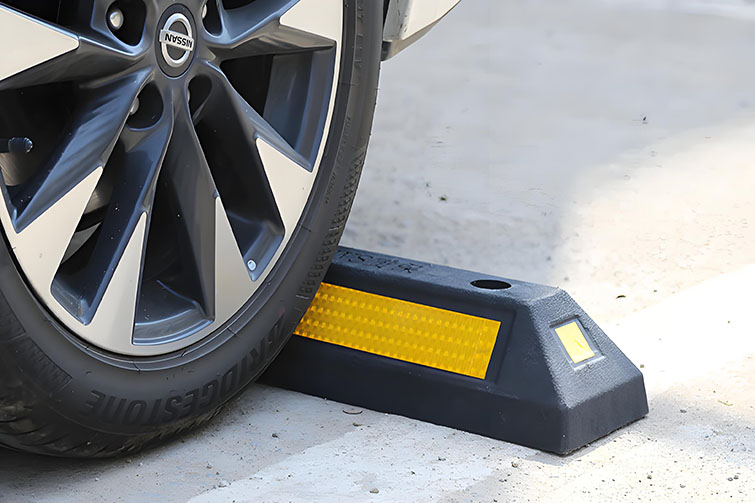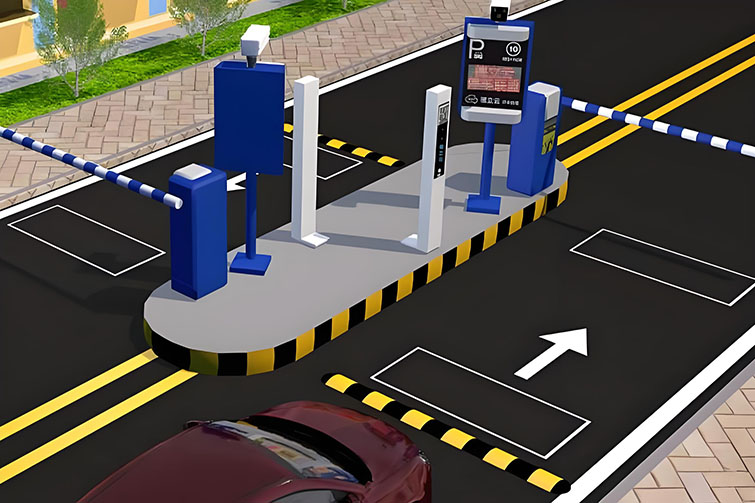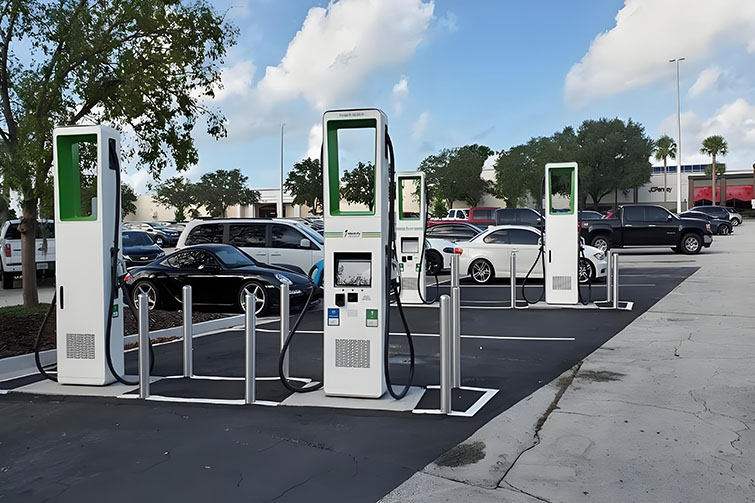
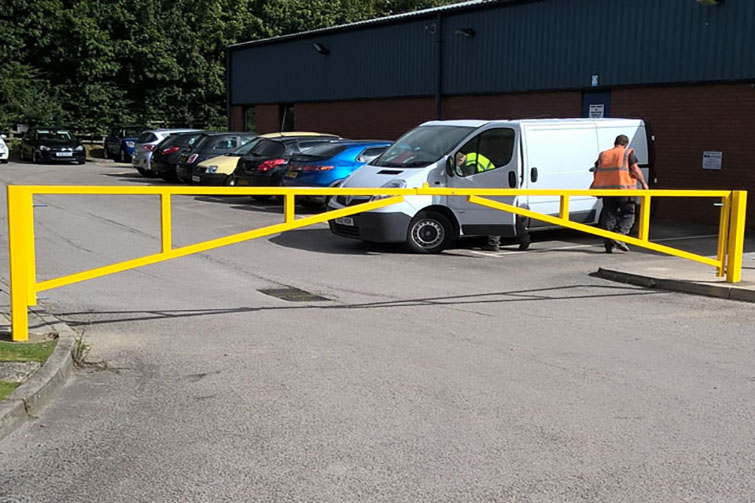
Navigating Choices in Traffic Management: Driveway Barrier Swing Gates vs. Automatic Gate Barriers
Introduction
The evolution of barrier technology has significantly contributed to the sophisticated management of vehicular access and traffic flow. Among the myriad of options, driveway barrier swing gates and automatic gate barriers stand out for their widespread application in residential, commercial, and industrial settings.

Driveway Barrier Swing Gates
Driveway barrier swing gates, often operated manually or with a simple mechanized system, offer a traditional approach to controlling access. These gates are characterized by their swinging motion, which requires ample space for opening and closing. The manual swing barrier gate, while cost-effective and straightforward in design, necessitates physical effort to operate, making it less suitable for high-traffic areas but ideal for smaller, private properties.
Automatic Gate Barriers
In contrast, automatic gate barriers provide a more sophisticated solution. Designed for efficiency and security, these barriers can automatically control vehicle ingress and egress without human intervention. Automatic gate barriers, including those installed at road gates, are equipped with sensors, RFID technology, or remote controls, making them an excellent choice for commercial properties, parking lots, and areas requiring frequent and swift access control.
Comparative Analysis
-
Functionality and Efficiency: Automatic gate barriers offer superior functionality with their quick response times and less manpower requirement, making them suitable for busy environments. Driveway barrier swing gates, however, provide a cost-effective solution for locations where traffic flow is minimal.
-
Security: Both barrier types offer robust security features, but automatic gate barriers edge out with their advanced technology integration, allowing for real-time monitoring and control.
-
Space and Installation Considerations: Driveway barrier swing gates require more space due to their arc of motion, which might not be feasible in tight urban spaces. Automatic barriers, with their vertical lifting or sliding mechanisms, are more adaptable to limited spaces.
-
Maintenance and Durability: Manual swing barrier gates often boast a longer lifespan due to their simpler mechanisms but require regular manual checks. Automatic barriers, while convenient, may incur higher maintenance costs due to their complex systems.
Conclusion
Choosing between driveway barrier swing gates and automatic gate barriers depends on specific needs, including traffic volume, security requirements, space availability, and budget constraints. For high-traffic commercial settings, automatic gate barriers are unparalleled in efficiency and security. Conversely, for private driveways or areas with limited space and traffic, swing gates provide an economical and effective solution. Ultimately, the decision should align with the overarching goal of maintaining smooth vehicular flow while ensuring safety and security.


